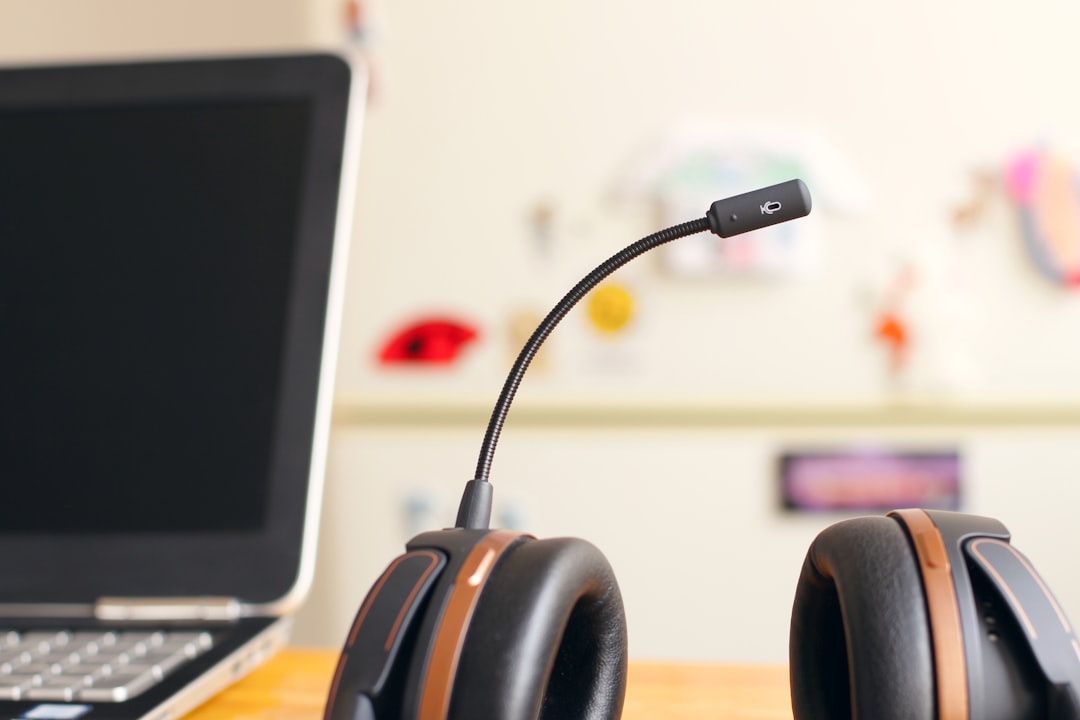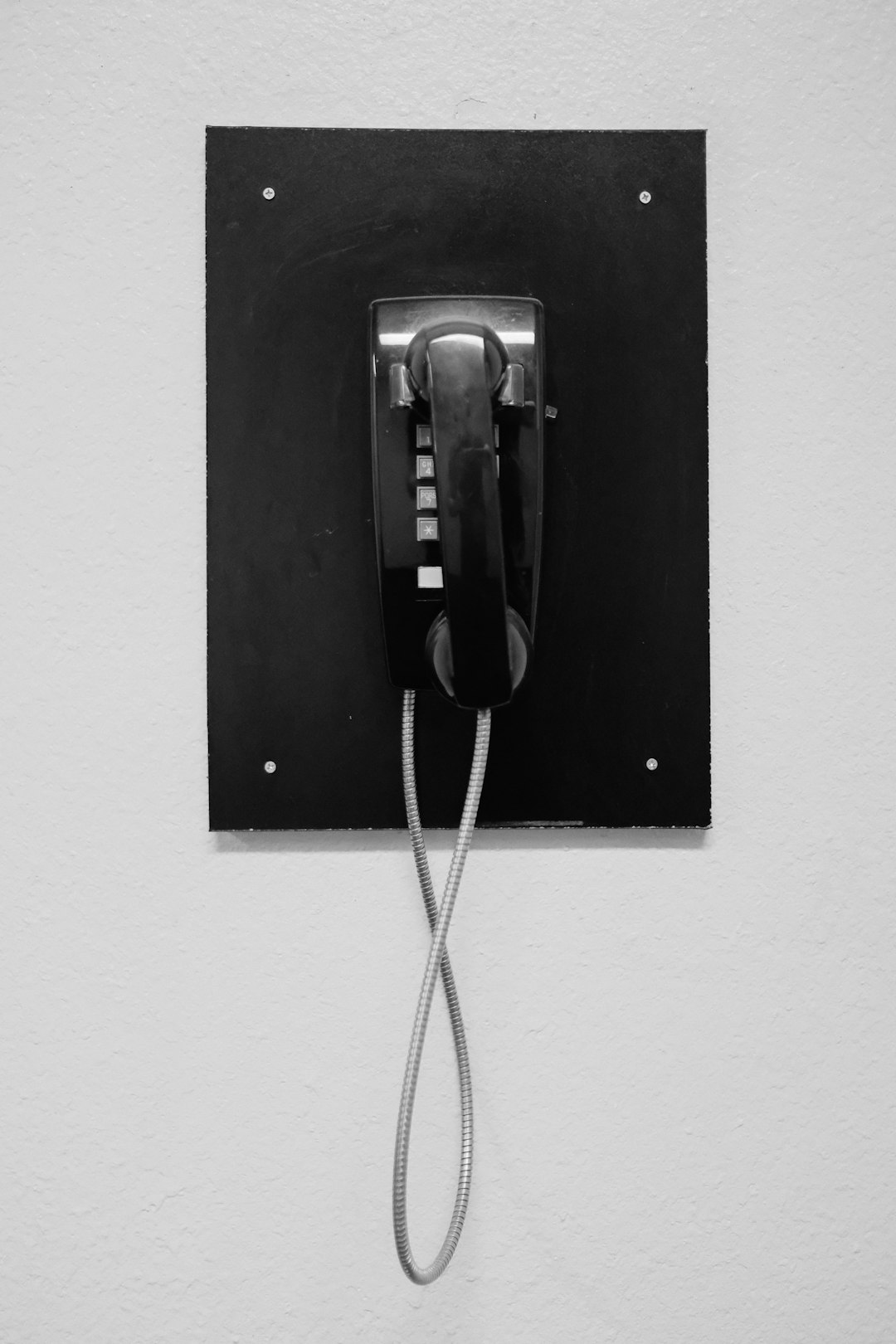In South Dakota, autodialers are governed by the SDUDAPA, which dictates consent, call frequency, and disclosure to protect consumers from intrusive marketing. Businesses using autodialing systems require legal guidance from a specialized lawyer for autodialer South Dakota regulations to ensure compliance, avoid fines, and maintain positive reputations. These lawyers navigate complexities related to consent, opt-outs, data privacy, and regulatory hurdles, fostering effective business operations within legal frameworks.
In the digital age, understanding the technical intricacies of autodialers is crucial for businesses operating in South Dakota. This article serves as a comprehensive guide to navigating the legal framework surrounding autodialer usage, offering insights into their functions and potential compliance issues. We explore consumer protection laws, real-world use cases, and provide strategic advice on hiring a lawyer specializing in autodialer disputes within the state. By delving into these aspects, businesses can ensure ethical practices and stay compliant with South Dakota’s regulations.
Legal Framework for Autodialers in South Dakota

In South Dakota, the legal framework governing autodialers and automated calls is part of a broader regulation aimed at protecting consumers from unwanted and intrusive marketing practices. The state’s laws are designed to ensure that businesses use autodialing systems responsibly and with respect for individual privacy. The South Dakota Unfair or Deceptive Acts and Practices Act (SDUDAPA) plays a pivotal role in this, prohibiting businesses from using deceptive or unfair methods in the course of trade, including automated phone calls.
Any business operating autodialers in South Dakota must adhere to strict guidelines related to consent, call frequency, and disclosure requirements. Consumers have the right to opt-out of receiving automated calls, and businesses must honor these requests promptly. A lawyer for autodialer South Dakota can provide expert guidance on navigating this legal landscape, ensuring compliance, and mitigating potential risks associated with the use of autodialing technology.
What Are Autodialers and Their Functions?

Autodialers, also known as automated dialing systems or automatic call distributors, are advanced technologies designed to streamline and automate phone calls in bulk. These systems have become an integral part of modern marketing strategies, particularly for businesses aiming to reach a wide audience efficiently. In South Dakota, where regulations regarding telemarketing and consumer protection are stringent, understanding the technical aspects of autodialers is crucial, especially for those seeking legal counsel from a lawyer for autodialer South Dakota.
The primary function of an autodialer is to initiate a large volume of phone calls automatically, often utilizing predictive dialing techniques. This technology allows businesses to connect with potential customers faster by simultaneously dialing multiple numbers and routing calls to available representatives. With the ability to store extensive contact lists and tailor messages for personalized outreach, autodialers have revolutionized the way companies engage in telemarketing activities. However, their implementation must adhere to strict guidelines to protect consumers’ rights and prevent unauthorized or intrusive marketing practices.
Compliance Issues for Businesses Using Autodialers

Businesses utilizing autodialers in South Dakota must navigate a complex landscape of compliance issues. Automated dialing systems, while efficient, come with stringent regulations to protect consumers from unwanted or fraudulent calls. Failure to adhere to these rules can result in significant legal repercussions, including substantial fines and damage to a company’s reputation. A lawyer specializing in autodialer law in South Dakota is crucial for understanding and navigating these complexities, ensuring businesses remain compliant and mitigate potential risks.
These regulations cover various aspects, such as obtaining proper consent, providing opt-out mechanisms, and adhering to specific timing restrictions. Businesses must also be vigilant about maintaining accurate records of call activities and implementing robust privacy protections for consumer data. Engaging the services of a knowledgeable legal professional can help businesses stay informed, avoid costly mistakes, and leverage the benefits of autodialers while respecting consumers’ rights.
Consumer Protection Laws and Autodialer Use Cases

In South Dakota, consumer protection laws are in place to safeguard residents from unethical business practices, including unwanted automated phone calls. The use of autodialers, while beneficial for businesses seeking efficient marketing strategies, must adhere to strict regulations to respect individual privacy. A lawyer for autodialer South Dakota can provide guidance on navigating these legalities, ensuring compliance and mitigating potential risks associated with autodial technology.
These laws govern how businesses can initiate phone calls, particularly in regards to automated or prerecorded messages. Consumers have the right to refuse receiving such calls, and businesses must obtain explicit consent before making automated connections. Understanding and adhering to these rules is crucial for companies utilizing autodialers to maintain compliance, avoid legal repercussions, and foster positive relationships with their South Dakota clientele.
Hiring a Lawyer for Autodialer Disputes in SD

When navigating complex legal issues related to autodialers in South Dakota, hiring a specialized lawyer for autodialer disputes becomes indispensable. These experts possess an in-depth understanding of state regulations and industry best practices, crucial for ensuring compliance and mitigating potential risks. With the rise of automated communication technologies, legal battles surrounding these systems can be intricate; thus, turning to a lawyer who’s adept at handling such cases is vital.
Choosing the right legal counsel in South Dakota involves considering their experience in telecommunications law and a proven track record in representing clients in autodialer-related disputes. A skilled attorney can guide you through regulatory hurdles, represent your interests during negotiations, and, if necessary, advocate for you in court. Their expertise will be instrumental in resolving these matters effectively and ensuring the protection of your business’s legal rights.






